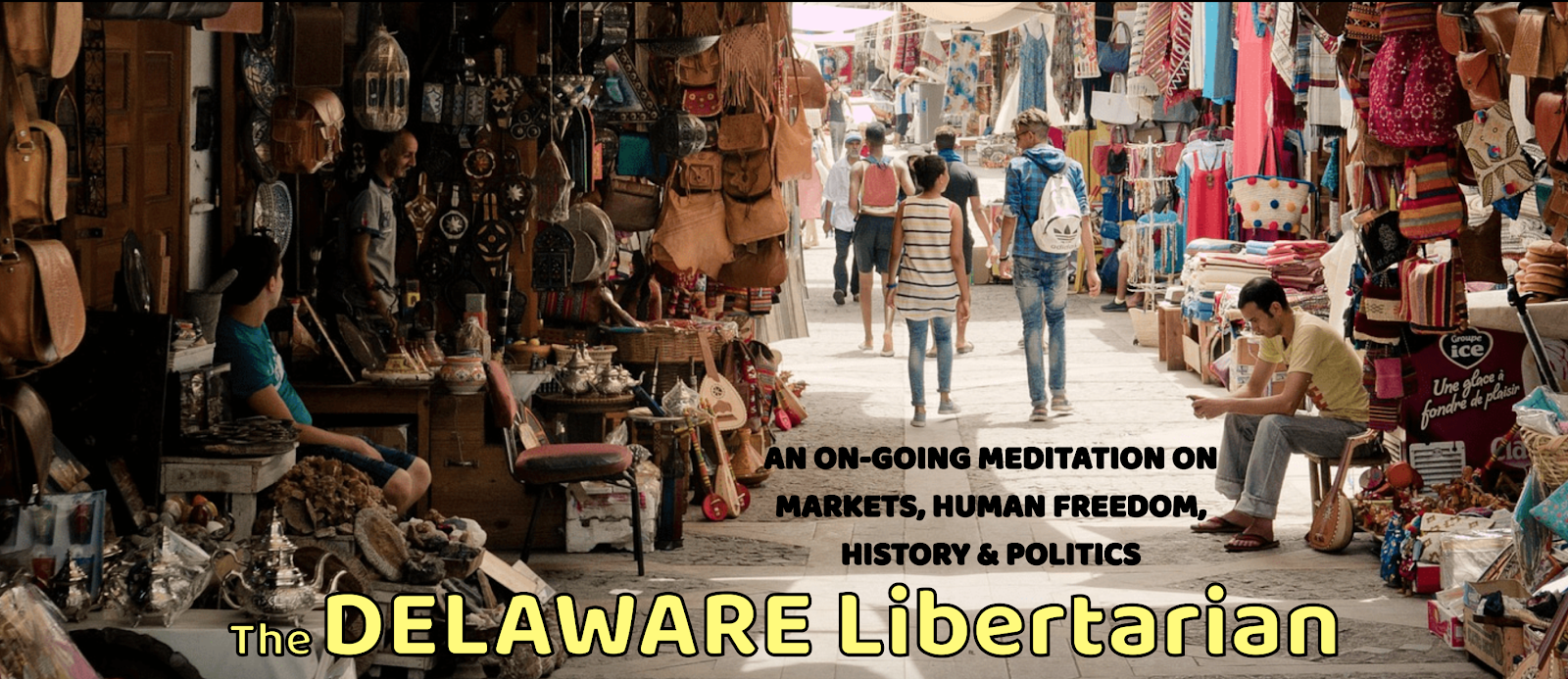
The late Edward Said (Palestinian advocate, Columbia University professor, and early supporter of Senator Barack Obama) is sinking into greater and greater disfavor these days.
The conservatives have never forgiven him for being an outspoken advocate of Palestine and a strident, over-the-top anti-imperialist. His legacy as an academician is being challenged by charges of plagiarism and falsification of biographical details; his influence at Columbia is coming under more and more strenuous attack.
Recently, apostate Muslim and conservative darling Ibn Warraq has published what he proclaims to be a systematic refutation of Said's most original, ground-breaking work, Orientialism.
(I guess I'd best be careful here. I'm finding all sorts of positive reviews or Warraq's, including one on an Ayn Rand wannabe site, so I guess I'm not going to be a good little Libertarian if I don't fall into line. Oh well. You know how that frightens me.)
What's all the fuss about? Said argued (with great vituperation and continual hyperbole) that the West's interest in knowing about the East, as encapsulated in the discipline called "Orientialism" was not by any means a pure academic quest for knowledge, but a racist, colonialist, hegemonic attempt to describe another culture in such a way as to dominate it.
The standard Said quote used to revile him in Western terms: “it is therefore correct that every European in what he could say about the Orient, was consequently, a rascist, an imperialist, and almost totally ethnocentric.”
I will not argue the merits of Said's scholarship or politics, but I think we miss one of his most significant insights when we dismiss his entire body of work out of hand. Early in Orientalism, Said is discussing a quotation of Lord Balfour (of the famous 1917 Balfour Declaration on a future Jewish homeland), when he makes an observation that stopped me in my tracks. (Note: like most academics and also freight trains I have a long breaking distance, so to get to the eight words--in bold--that constitute the key insight you are going to have to have the whole paragraph.)
As Balfour justifies the necessity for British occupation of Egypt, supremacy in his mind is associated with "our" knowledge of Egypt and not principally with military or economic power. Knowledge to Balfour means surveying a civilization from its origins to its prime to its decline--and of course, it means, being able to do that. Knowledge means rising above immediacy, beyond self, into the foreign and distant. The object of such knowledge is inherently vulnerable to scrutiny; this object is a "fact" which, if it develops, changes, or otherwise transforms itself in the way that civilizations frequently do, nevertheless is fundamentally, even ontologically stable. To have such knowledge of a thing is to dominate it, to have authority over it. And authority here means for "us" to deny autonomy to "it"--the Oriental country--since we know it and it exists, in a sense, as we know it. British knowledge of Egypt for Balfour is Egypt for Balfour, and the burdens of knowledge make such questions as inferiority and superiority seem petty ones. Balfour nowhere denies British superiority and Egyptian inferiority; he takes them for granted as he describes the consequences of knowledge. (p. 32)
Huh? Let's try to restate that in a little bit clearer format:
Balfour unconsciously mistakes what he knows (or thinks he knows) about Egypt for Egypt itself.
It never occurs to Lord Balfour that (a) his knowledge could be imperfect, being based on cultural assumptions rather than data; (b) he has acquired this knowledge with the single purpose of justifying and executing British domination of Egypt; and (c) there might be significant differences between the Egypt of his mental/cultural construction and the Egypt that actually exists.
So what, finally, has this got to do with Al Qaeda?
Try it this way. Take the previous paragraph and substitute "Americans" for Balfour and "Al Qaeda" for Egypt.
Americans unconsciously mistake what they know (or think they know) about Al Qaeda for Al Qaeda itself.
It never occurs to Americans that (a) their knowledge could be imperfect, being based on cultural assumptions rather than data; (b) they have acquired this knowledge with the single purpose of justifying and executing an American defeat of Al Qaeda; and (c) there might be significant differences between the Al Qaeda of their mental/cultural construction and the Al Qaeda that actually exists.
I say again: Said does not have to be right in his interpretation of Orientalism for this insight to have value for us.
I have long suspected that most Americans confuse a melange of their limited understanding of Islam and the Middle East, media representations of Al Qaeda, government statements (often constructed to be false, but still influential), and the wide assortment of weird factoids and misinformation available on the web for a real understanding of Al Qaeda and Islamic fundamentalism, including its realistic potential to do strategic harm to our country and culture.
If Said's insight has validity, then we are voting for presidential candidates (to cite but a single example) based upon little more than a delusion based on a mirage as interpreted by a fake psychic.
If true, is it possible (because it would certainly be necessary) to differentiate between what we think we know about Al Qaeda from what we need to learn about that organization?
I'm not certain it's possible, but over the next couple of weeks (on and off), I intend to try.

Comments